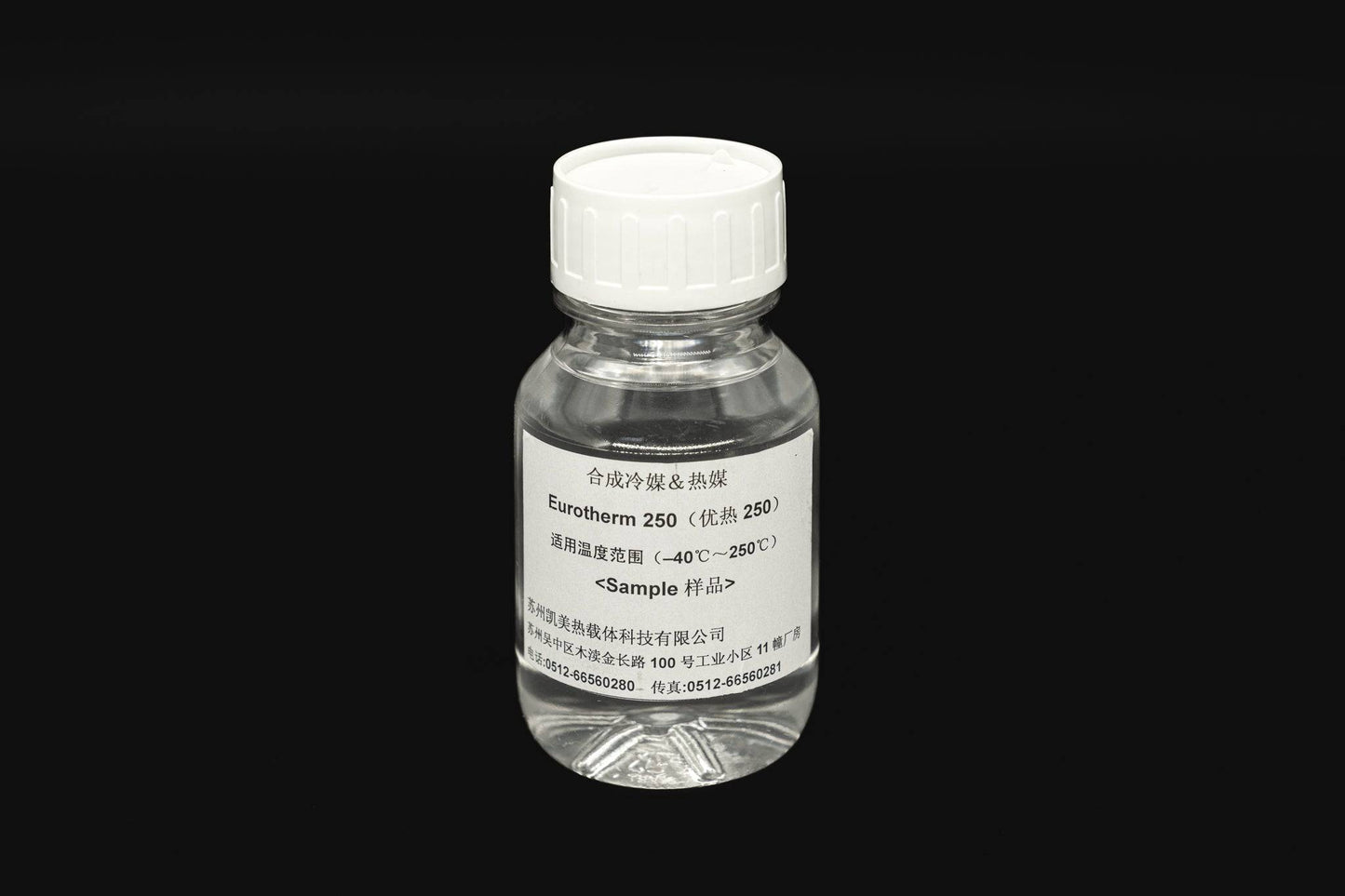Exactly how to Choose the Best Heat Transfer Fluid for Industrial Applications
Exactly how to Choose the Best Heat Transfer Fluid for Industrial Applications
Blog Article
Why Warmth Transfer Fluid Is Essential for Optimizing Power Transfer in Solution
The role of heat transfer liquids in optimizing power transfer is pivotal for attaining effective thermal management throughout various commercial fields. These liquids help with smooth warmth exchange, making sure procedures run within optimal temperature varieties and minimizing the risk of getting too hot.

Function in Thermal Monitoring
Warmth transfer liquids play an essential role in thermal management by efficiently regulating temperature levels in numerous commercial procedures and systems. These specialized fluids facilitate the transfer of warmth between different components, making sure ideal operating problems and stopping overheating. By preserving exact temperature level control, warmth transfer fluids make it possible for industries such as chemical production, oil and gas, and power generation to run securely and efficiently.
The choice of an appropriate warm transfer liquid relies on several elements, including thermal stability, warm ability, and thickness. High thermal stability ensures that the liquid can stand up to severe temperatures without deteriorating, while a high warm capability allows it to take in and launch substantial quantities of heat - heat transfer fluid. Low viscosity reduces the power needed for pumping, adding to general system effectiveness
Additionally, warm transfer fluids are integral in applications like refrigeration, where they assist soak up and dissipate warm throughout the cooling cycle. In solar thermal power systems, these fluids capture and transportation solar heat to create electricity or offer warm water. Their flexibility to diverse operating problems and capacity to keep consistent thermal performance highlight their significance in commercial thermal management, assisting in operational connection and improving precaution.

Enhancing System Effectiveness
To maximize the benefits of thermal management, enhancing system effectiveness with the calculated use heat transfer fluids is paramount. These liquids play an essential role in maximizing power transfer by assisting in regular thermal policy, which subsequently influences the total efficiency and longevity of systems. Reliable warmth transfer brings about decreased energy losses, minimized functional expenses, and boosted integrity of tools. By preserving ideal temperature levels, warm transfer fluids help make certain that systems run within their created criteria, thereby avoiding getting too hot and lowering the threat of component failing.

Kinds of Heat Transfer Liquids
The diversity of warm transfer fluids emphasizes their important function in a series of commercial applications, each customized to meet specific thermal administration demands. These liquids assist in efficient power transfer and are picked based on key residential or commercial properties such as thermal security, viscosity, and warmth capacity. The primary types include water, glycol remedies, oils, and synthetics, each offering unique benefits.
Water is the most typical warmth transfer tool due to its high details warmth capability and low cost. Mineral oils are favored for Going Here their thermal security and visit here non-corrosive nature, making them suitable for high-temperature applications.

Artificial liquids, including silicone and fragrant substances, give outstanding thermal stability and are used in environments demanding severe temperature arrays. These liquids ensure premium performance in systems where traditional liquids may fail. The selection of a warmth transfer fluid is critical, as it influences system efficiency, safety, and longevity. Each kind needs to be selected to align with the functional demands and the details conditions of the application it serves.
Environmental and Economic Advantages
Using the ideal heat transfer fluids provides substantial environmental and economic benefits for industrial procedures. Environmentally pleasant warmth transfer fluids, usually eco-friendly and non-toxic, minimize the danger of soil and water contamination in the occasion of leaks or spills, thus shielding ecosystems and abiding with rigid ecological guidelines.
Financially, the best heat transfer liquid can significantly minimize operational prices. Reliable warm transfer decreases power expenditure, resulting in lower utility bills and enhanced profitability. Liquids with extensive lifecycle efficiency decrease the frequency of replacements and maintenance, lowering downtime and associated costs. Purchasing top notch liquids can also minimize the risk of devices corrosion and failure, preventing costly fixings and prolonging the life-span of critical framework. In open markets, these savings and efficiencies provide a distinct advantage, enabling companies to allot resources a lot more efficiently and purchase more advancement. On the whole, the calculated use ideal heat transfer liquids supports lasting financial development and ecological look at this site stewardship.
Picking the Right Liquid
Just how does one browse the intricate procedure of selecting the right warm transfer liquid for commercial applications? Thermal stability makes sure the liquid can endure high temperature levels without weakening, while compatibility avoids deterioration or other destructive responses with system components.
Additionally, the liquid's heat capacity and viscosity are critical. A high heat ability allows the liquid to take in and move even more power, boosting effectiveness. At the same time, optimum viscosity guarantees minimal pump job and reliable warmth transfer, particularly in differing temperatures. Environmental and security facets must likewise be part of the decision-making process. Safe, eco-friendly liquids decrease ecological effect and conform with regulatory requirements, lessening obligation threats.
Verdict
The calculated option and application of heat transfer liquids are fundamental to maximizing energy transfer throughout different systems. By making sure high thermal security and capability, these fluids offer exact temperature level control and improve total system effectiveness.
Report this page